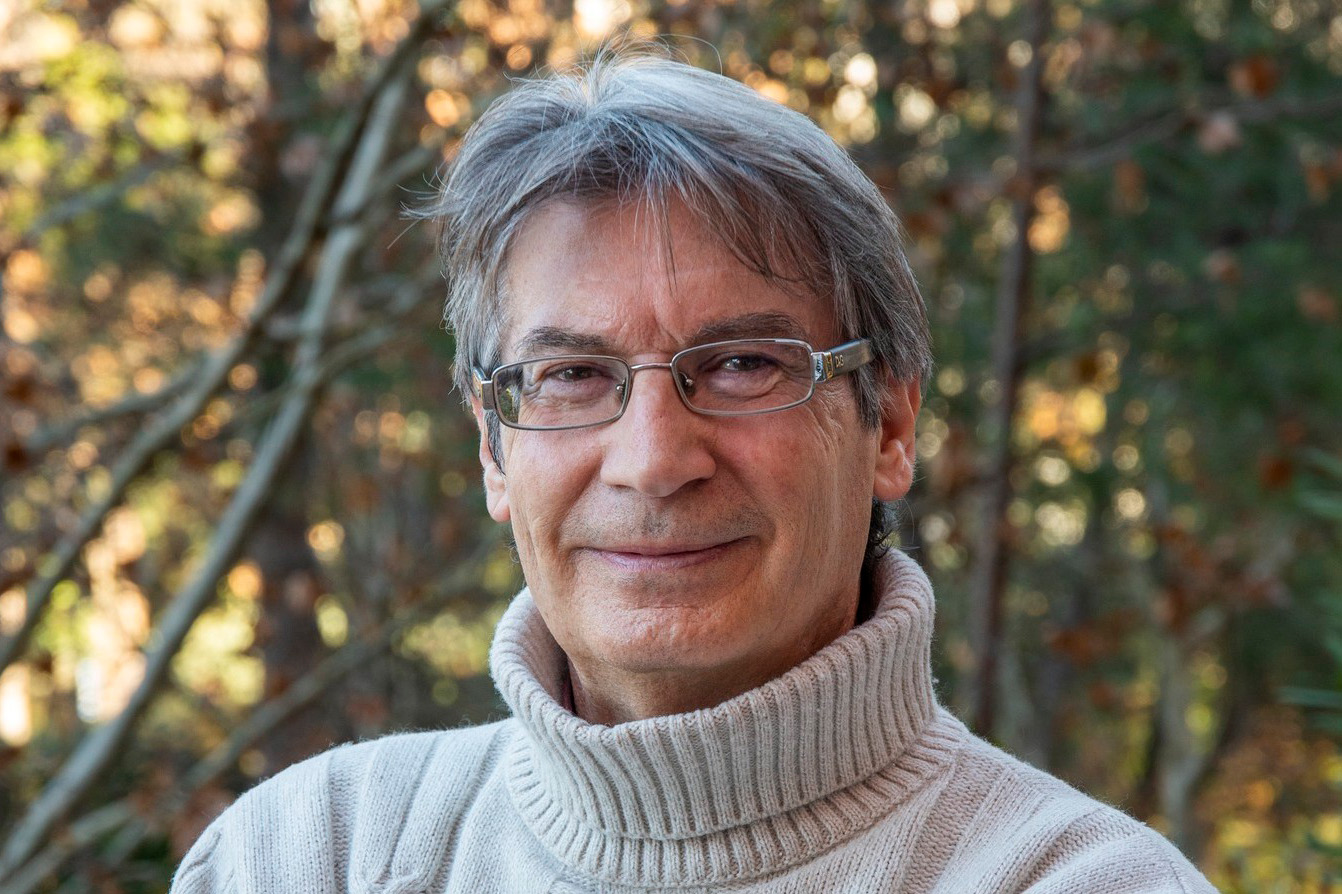
Faustino Mollinedo García (“Faustino”, as we knew him at the CIB), born in Galicia but adopted by Madrid, passed away suddenly on March 3, 2025, just a few days after his retirement.
Graduating in Chemistry from the Complutense University of Madrid (1977), Faustino began his scientific career at the CIB (then located at 144 Velázquez Street), where he completed his doctoral thesis under the co-direction of Emilio Muñoz and Vicente Larraga (1982). He subsequently moved, first to Donald L. Schneider’s laboratory at Dartmouth Medical School (1982-3), where he identified a new cytoplasmic granule (tertiary granule) in human neutrophils, and then to the New York University Medical Center, where he began his work in the field of cell signaling in the immune system. In 1986, he obtained the position of Senior Scientist and established his laboratory at the CIB. One of the authors of this review (J.B.) was his first PhD student there.
Faustino obtained the position of Scientific Researcher in 1988 and, in 1994, always looking for new challenges, he moved his laboratory to Valladolid, to the Institute of Molecular Biology and Genetics (IBGM), where he would remain until 2000. In that year, he moved to neighboring Salamanca, to the recently created Cancer Research Centre (CIC). In 2002, he achieved the rank of Research Professor. Faithful to his inquisitive and restless temperament, Faustino returned to Madrid in 2017, again to the CIB (in this case to the current one on Ramiro de Maeztu Street) with his wife and inseparable collaborator, Consuelo Gajate. He remained there until his retirement just 10 days ago. Faustino was born on February 23 and was very fond of making jokes about the coincidence of his birth date and the event that occurred on that day in 1981.
Throughout his scientific career, Faustino made important contributions to neutrophil biology, lipid rafts, molecular mechanisms of lipid-mediated signaling, and apoptosis as a target in cancer therapy. Thus, for example, his laboratory identified the translocation of Fas/CD95 (death receptor) in the membrane domains of lipid rafts as a new mechanism for regulating apoptosis. This pioneering discovery revealed lipid rafts as a new target in cancer chemotherapy. In addition, Faustino was a world leader in ether-linked phospholipid analogs with antitumor properties, identifying several unique mechanisms of action and multiple biomedical applications for these compounds. Faustino has authored more than 200 articles in scientific journals (visible in PubMed) and is internationally recognized for his important scientific contributions.
Since the beginning of his research career at the CIB, Faustino has stood out for his creativity, motivation, tenacity, and tireless work, and several important scientists in the field of Biomedicine were trained by him. During his last years at the CIB, those of us on the first floor saw him work with the same enthusiasm as when he was young, always showing his smile, his friendly manner, his great human quality, and his willingness to help.
Faustino, a great researcher and a great person who has been an important part of the history of the CIB, leaves us, and from here we want to send a loving memory to his wife Consuelo, and his daughters Cristina and Irene.
Carmelo Bernabeu (CIB-CSIC, Madrid)
Jesus Balsinde (IBGM-CSIC, Valladolid)

